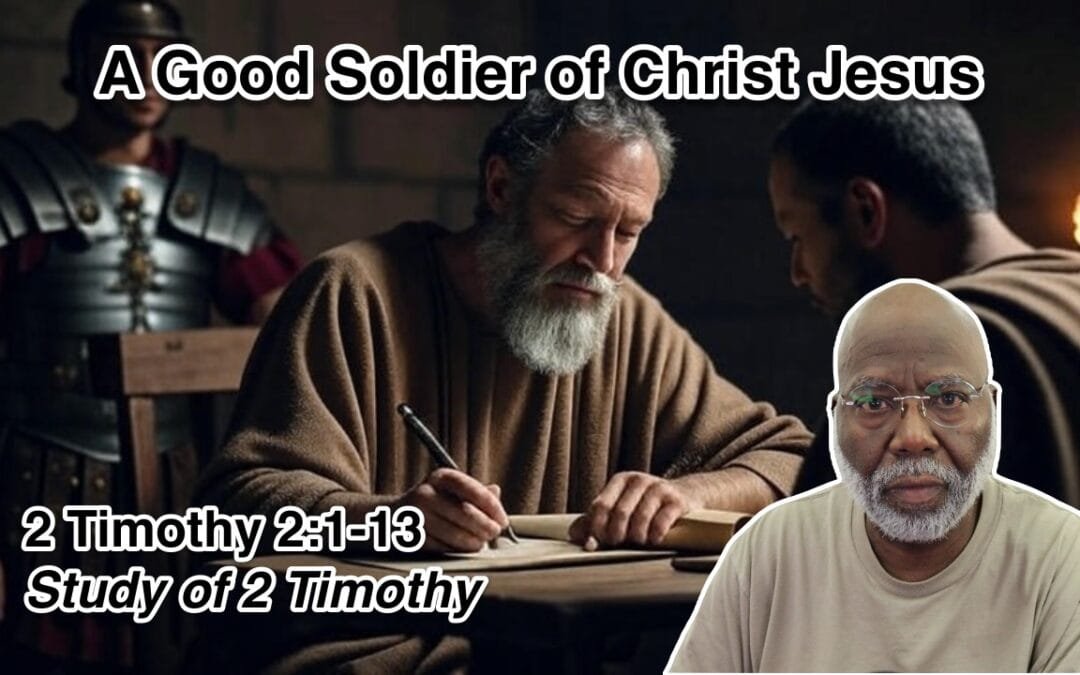
Free Lessons, New Testament, Study of 2 Timothy
In 2 Timothy 2:1-13, Paul urges Timothy to be strong in Christ’s grace, faithfully teach others, and endure hardship like a soldier, athlete, or farmer. He emphasizes perseverance in sharing the gospel, noting that God’s word remains unchained despite suffering. Paul highlights the promise of eternal glory for those who endure, underscoring God’s faithfulness even when we are faithless.

Free Lessons, New Testament, Study of 2 Timothy
In 2 Timothy 1:13-18 Paul urges Timothy to hold fast to sound teaching, rely on the Holy Spirit, and not be ashamed of the gospel or Paul’s imprisonment. He notes the desertion of Phygelus and Hermogenes but praises Onesiphorus for his supportive kindness.
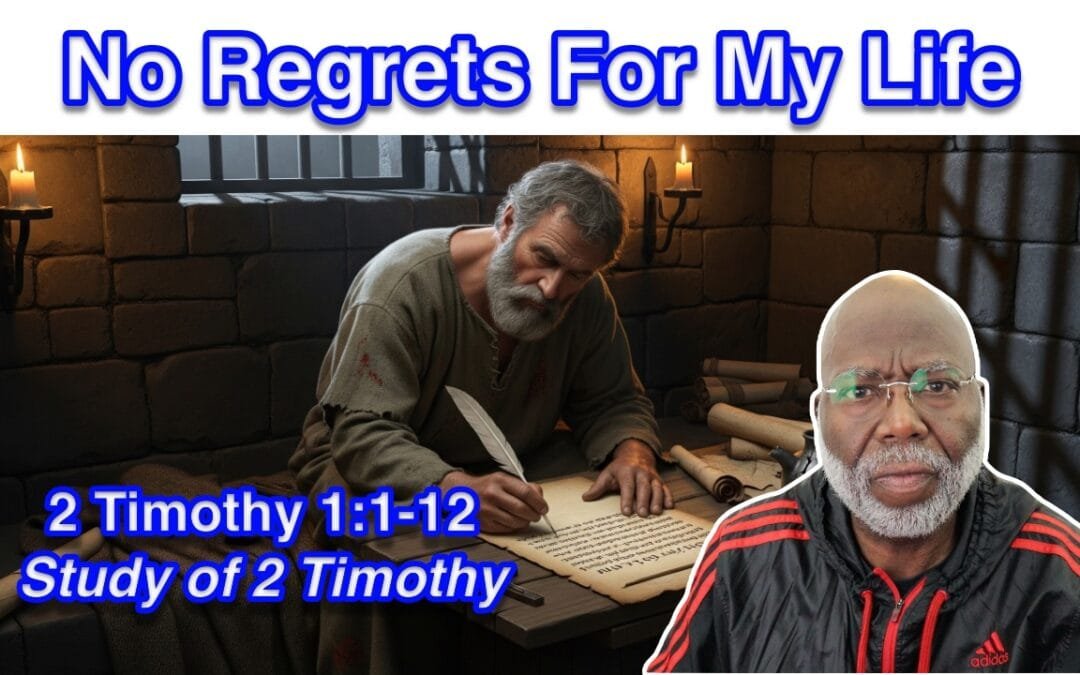
Free Lessons, New Testament, Study of 2 Timothy
2 Timothy 1:1–12 emphasizes Paul’s apostolic calling, Timothy’s sincere faith, the call to rekindle spiritual gifts, reliance on the Spirit’s power, boldness in gospel witness, willingness to suffer for Christ, and confidence in God’s saving grace revealed through Christ who abolished death and entrusted Paul with the gospel.
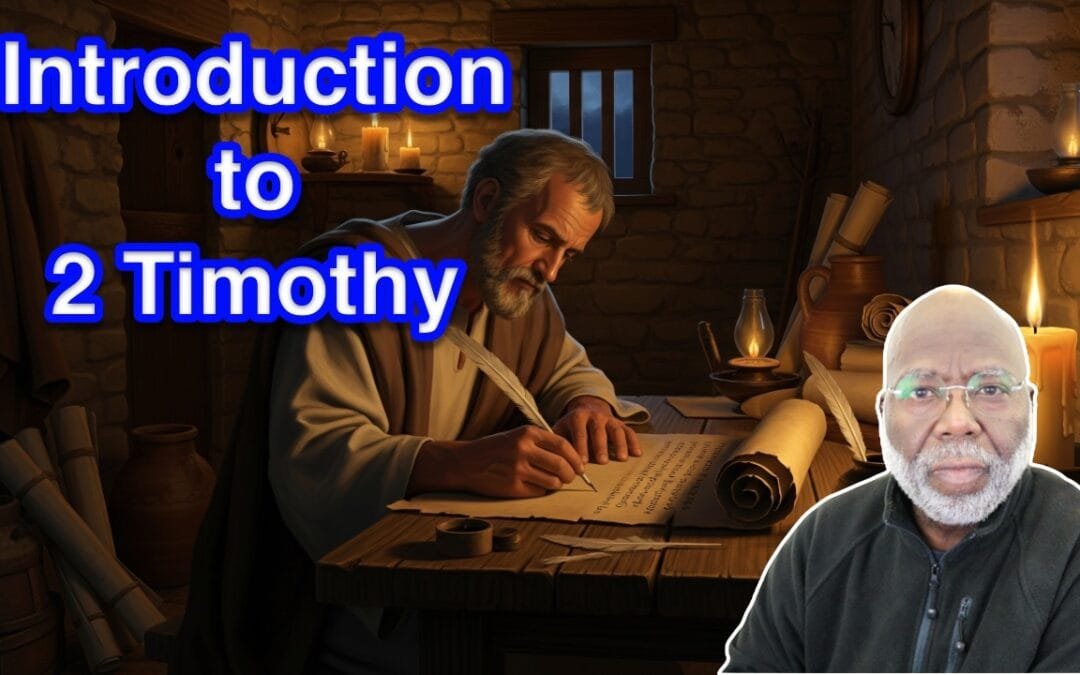
Free Lessons, New Testament, Study of 2 Timothy
Paul’s final letter, written from prison, urges Timothy to remain steadfast in faith and ministry despite opposition and suffering. He reminds him to guard the gospel, rely on God’s grace, and pass on sound teaching to others. Paul emphasizes endurance, warns against false teachers, highlights the inspiration and authority of Scripture, and points to Christ’s return as motivation. It serves as both a pastoral charge and Paul’s personal farewell testimony of faithfulness to the end.
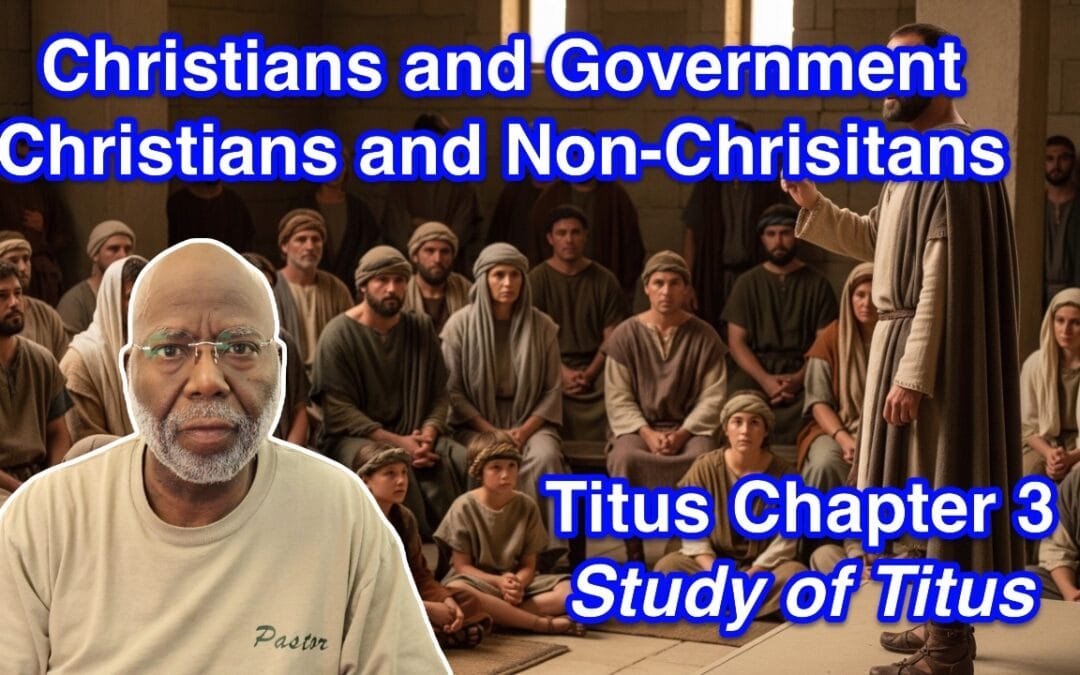
Free Lessons, New Testament, Study of Titus
Titus 3 emphasizes how Christians should live within society and among unbelievers: submitting to rulers, showing humility and gentleness, avoiding quarrels and foolish disputes, and being devoted to good works. Paul reminds believers of God’s mercy through regeneration and renewal by the Spirit, justification by grace, and their inheritance of eternal life. The chapter also warns against divisive people and stresses meeting urgent needs so that believers live fruitful lives.
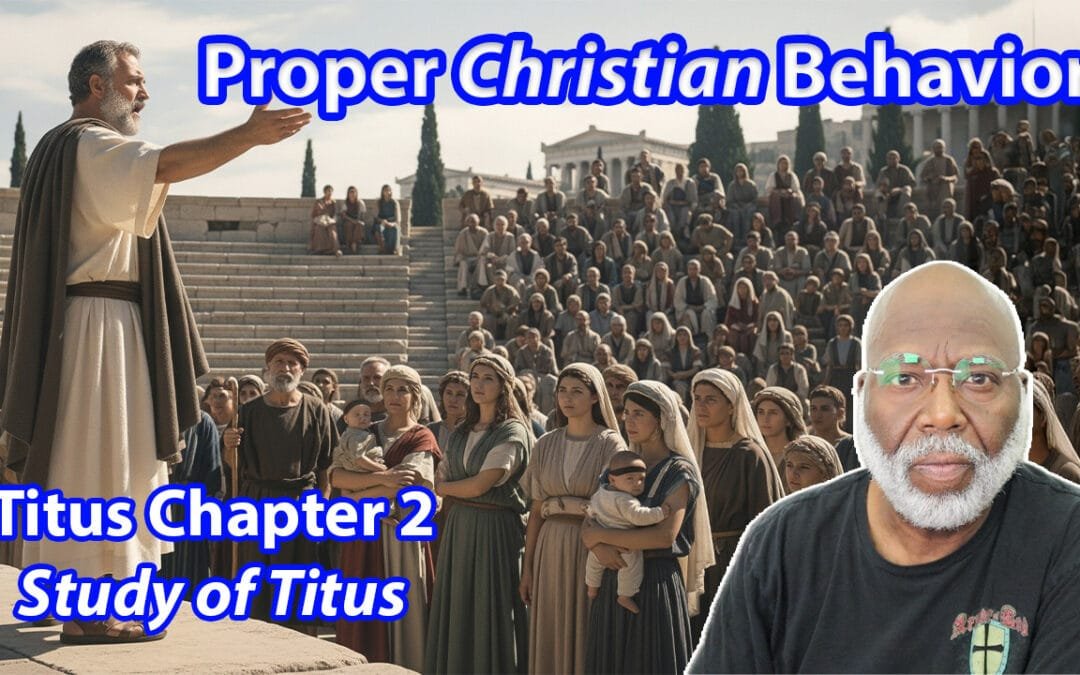
Free Lessons, New Testament, Study of Titus
Titus 2 is a guide for Christian living, providing specific instructions for various groups within the church on how to behave in a way that reflects and honors the gospel. The chapter instructs instructs each of the different groups (older men and women, younger men and women, and slaves, how to live lives that honor Christ in response to His great sacrifice and appearance.







